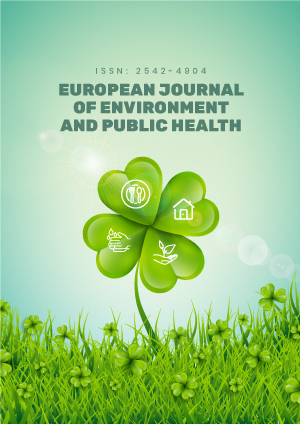Abstract
Introduction: The Coronavirus Disease 2019 (COVID-19) has negatively impacted society as a whole. Vaccination became the only reliable solution to overcome the severity of this pandemic. A critical factor to achieve an adequate vaccination coverage is by improving public confidence in immunization. Social media plays an important role in reflecting public perception towards certain topics, such as COVID-19 vaccination. This study aims to evaluate U.S. Twitter users’ sentiments and emotions towards COVID-19 vaccination, and the changes experienced before and after vaccine rollout.
Methods: COVID-19 vaccine related tweets were collected from Twitter’s Application Programming Interface. We analyzed tweets from March 11, 2020, to May 17, 2021, and divide them into two groups; before and after the first vaccine was implemented in the U.S. Sentiment analysis, negative binomial regression and linear regression models were used for inferential analysis.
Results: A total of 19,654 tweets were extracted. From those, 10,374 and 9,280 tweets were posted before and after COVID-19 vaccine was launched in U.S., respectively. A statistically significant difference was evidenced between the two groups when comparing each individual emotion, and positive and negative sentiments, except for joy. Lastly, a statistically significant increase of the sentiment score in the post COVID-19 vaccine group compared to the pre COVID-19 vaccine group was evidenced.
Conclusion: Our findings evidenced that public perception of the COVID-19 vaccine has positively changed over time and suggest that the terms “trials” and “vaccination”, which were associated to trust, could potentially be used to create targeted educational and promotional schemes to achieve a better vaccination coverage rate.
Keywords
License
This is an open access article distributed under the Creative Commons Attribution License which permits unrestricted use, distribution, and reproduction in any medium, provided the original work is properly cited.
Article Type: Research Article
EUR J ENV PUBLIC HLT, Volume 6, Issue 1, 2022, Article No: em0096
https://doi.org/10.21601/ejeph/11499
Publication date: 03 Jan 2022
Article Views: 2725
Article Downloads: 3290
Open Access References How to cite this article
 Full Text (PDF)
Full Text (PDF)